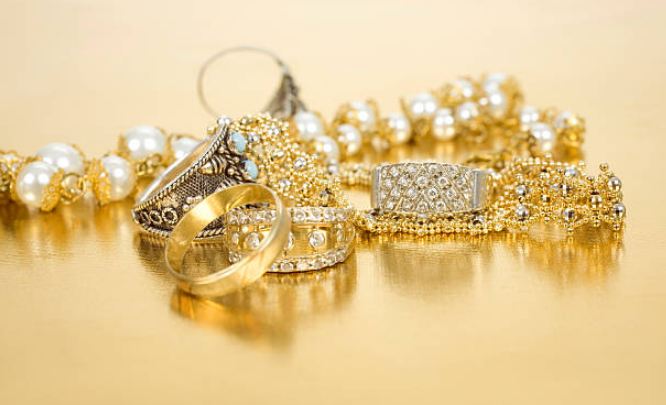Jewellery has been worn from as far back as we have records. It was even worn before clothing. Primitive people made jewellery from feathers, wood, stones, shells berries, bones, and teeth.
In Pharaoh’s day, gold was the main medium. Not only was it soft and easy to shape into a variety of designs, but it lasted a lifetime too. Over the years, many craftsmen have earned a living from making jewellery.
Many people find making jewellery as a hobby one of the most satisfying occupations of all. You can choose your own design, colour, and materials and finish up with a unique piece for yourself or your friends.
All you need is a steady hand, a good eye and plenty of patience and a few trusty tools. So how do you start?
It depends on the kind of jewellery you want to make. It can be as simple as threading beads onto a nylon thread or taking classes to learn something a little different, like wire wrap jewellery.
Basically, wire wrap jewellery as its name suggests involves using certain tools to bind and twist wires together into a chosen design.
The tools needed are all relatively cheap and readily available. They are
– Pliers of various kinds, eg, bent nose, flat nose round nose, etc.
– Wire cutters.
– Ring mandrel.
– Pin vise.
– Swiss pattern file.
– A scale.
The wire itself comes in a variety of shapes, eg round, square, triangle, and many more. It is made of brass, copper, fine or sterling silver, gold or gold filled with brass. Different gauges are available, from thick (8 gauge) to thin (26 gauge). Copper wire is so soft it is one of the best for beginners to use.
It can be coated with transparent acrylic to prevent discoloring. Once your skill has increased you could try using what is called gold-filled wire. This is not wire filled with gold, as the name seems to suggest.
It consists of gold tubing filled with a base metal, usually jewellers brass, and is available in many gauges, shapes, and patterns. There is also a choice of three colors; white, yellow and rose gold.
It is so durable it will last a lifetime. In fact, 17th-century jewellery made from gold-filled wire has been passed down through the generations and still exists in good condition today.
Special care needs to be taken to avoid scratching gold-filled wire because it is so soft. You must carefully file down all the sharp edges and corners of your pliers not too much, but just enough to round them off slightly. Keep the finished jewellery in a cotton-padded box so it is not damaged by other pieces.
The basic techniques in making wire wrap jewellery include twisting, wrapping, crimping, scrolling, and shaping. These skills are easy to learn and the turnaround time for each piece is short.
Design variations are endless as all kinds of gemstones can be incorporated.
It is the ideal jewellery to make at home because you don’t need complicated machinery, fire or chemicals. Once you have become skilled at creating wire wrap jewellery, you might even find a ready market for it.

